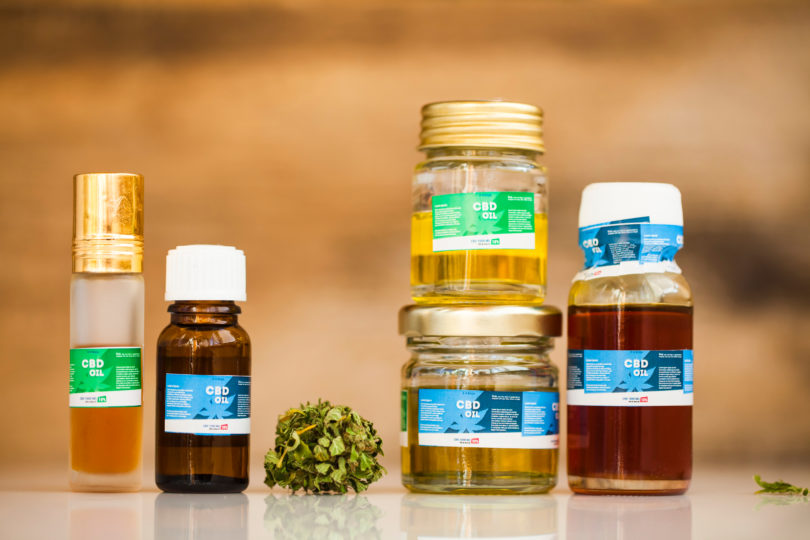The CBD industry is a booming one and is growing at a rate that can only be described as exponential. However, due to a lack of regulations and oversight, the industry is getting a bunch of negative headlines these days. But are they valid?
The first thing to remember is that not all CBD is created equal. Sure it all comes from cannabis or hemp plants, but delicate extractions processes can be compromised easily, and some nasty additives can find their way onto the CBD production line, but surprisingly, you won’t read about them on the label.
An interesting investigative report by CBS Austin revealed some facts most CBD vendors don’t want people to know. These would be the less-than-scrupulous among them and not the top shelf brands. Nevertheless, if your CBD isn’t tested for heavy metals, pesticides, and other nasties, you probably shouldn’t buy or take it. The investigative reporters gained exclusive access to the broadest set of third-party lab test results for CBD products.
However, the results they saw were not what they were expecting at all. As Jason Cranford, a cannabis cultivator in Colorado, explained to the team, “Bad players are really messing the industry up for everyone, including good players.” He noted that unless the CBD people purchase is adequately tested, it should never have made it to market in the first place.
As Cranford went on to explain, “If it’s not USDA Organic certified, and it’s not full panel lab tested, you have no way of knowing what you’re getting.” But the issue is even more severe than that, and it’s all about cutting corners to save money.
If a product is not certified organic, it often contains various chemicals
Alarmingly, added Cranford, who’s been growing cannabis for many years, “Overseas they use hemp to do cover crops. They use it to purposely suck out the pesticides and heavy metals on the soil there so they can plant food crops next,” he said. “These crops are being imported into the US, and people are making CBD out of it. The terrifying part is when you have these contaminants in your plant material, and you make this oil, you’re concentrating it.”
The team also spoke with Dr. Sean Callan, head of the Ellipse Analytics team who test CBD products. “You have an industry that has a rampant quality control issue,” he said. “Comparing this to other supplements that we’ve tested, we found really high levels of pesticides, really high levels of heavy metals.”
Heavy metals can be very dangerous for humans, and it’s not recommended to ingest or smoke them, even in tiny amounts. Callan noted that up to 70 percent of CBD products tested were found to be “highly contaminated” with things like herbicides, heavy metals, and arsenic, to name a few. Mold, BPA, and other toxins were also found in a range of the CBD products tested, and nothing is ever noted on the label.
Dr. Callan also explained that while the federal government does test for THC levels, CBD does not fall under the same prerequisite. “They have to test for the THC content because there’s a federal law,” he said, “but there’s no rule that says you have to actually test your CBD content.”
Even more worryingly, according to Callan, “There were several (CBD products) that claimed to have CBD on the label where we found no CBD whatsoever,” he said. That fact doesn’t bode well at all for an industry that’s unregulated but expected to balloon to more than a billion dollars within a few short years.
Unregulated medications – whether pharmaceutical or natural – are an issue that consumers need to be aware of and informed about. To be clear, most top-shelf CBD vendors online, and those that usually appear at the top of Google searches, do test all of their CBD rigorously and generally, customers do get what it says on the bottle or label. However, it’s not a good thing when people can’t purchase CBD products with full confidence and peace of mind.
